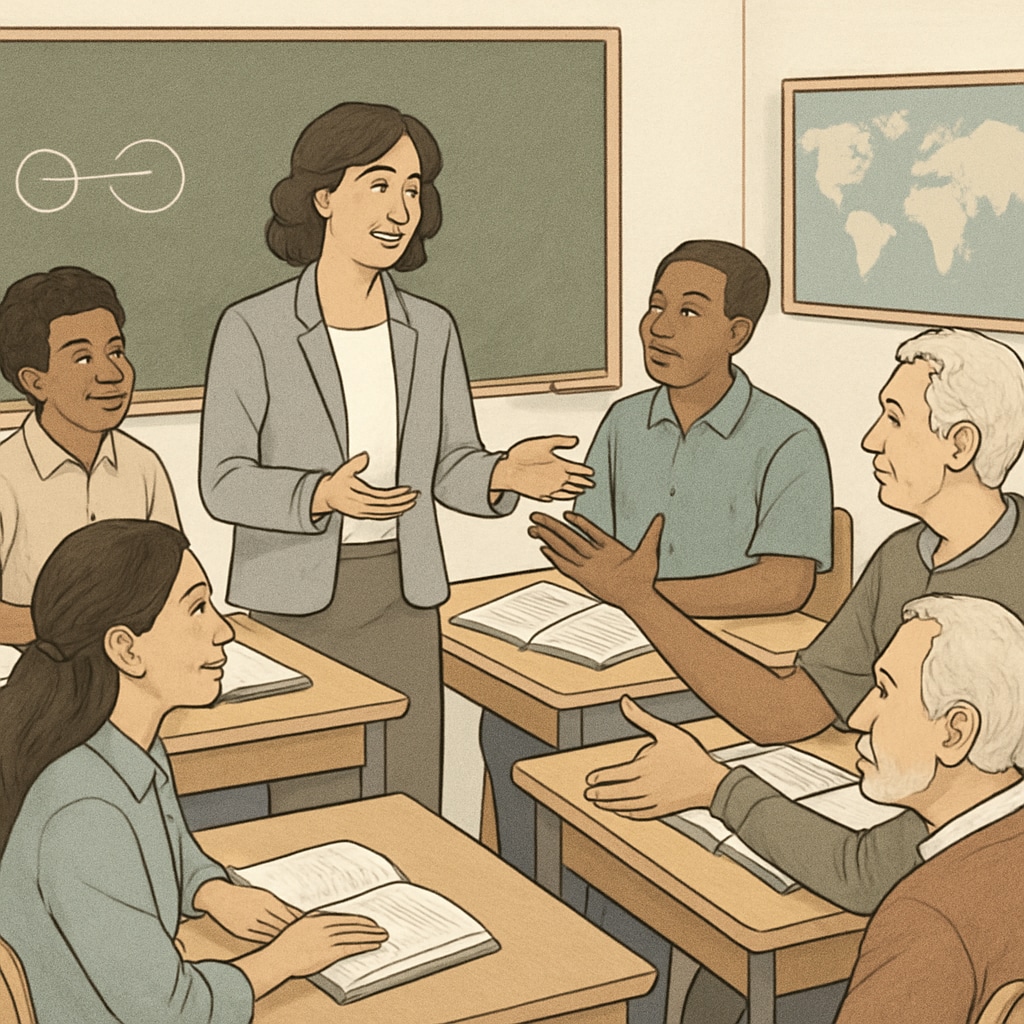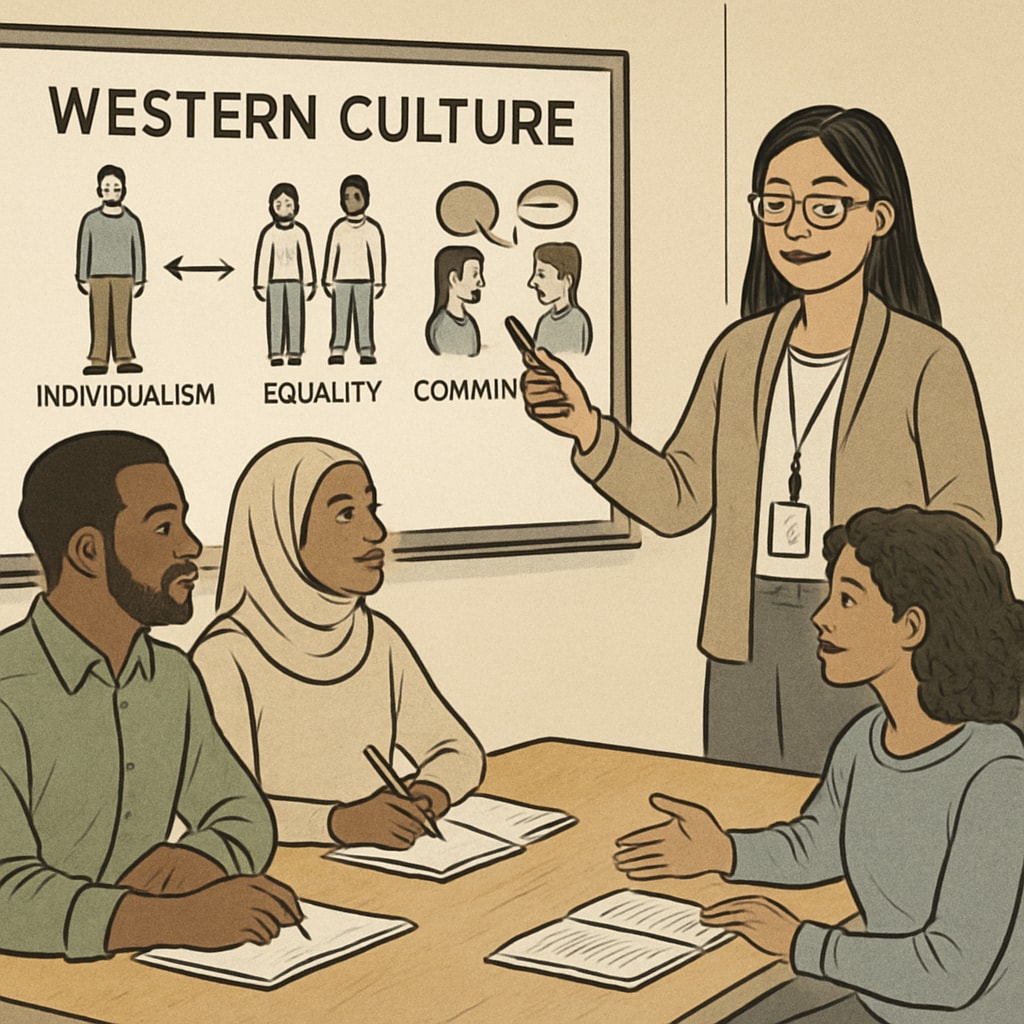Adult education plays a vital role in enabling foreign-born adults to bridge cultural gaps and thrive in Western societies. For immigrants, adapting to a new culture often involves not only social integration but also mastering foundational knowledge in subjects such as language, mathematics, and social studies. This article delves into the challenges of cultural adaptation and explores effective strategies for building comprehensive educational systems for adult learners.
The Importance of Basic Knowledge for Cultural Adaptation
Adapting to life in a new country involves more than learning its language; it demands an understanding of the cultural, social, and academic norms that underpin daily life. Immigrants often face knowledge gaps in areas like civics, history, and even basic math skills needed for financial management. Addressing these gaps through tailored adult education programs empowers learners to confidently navigate their new environments.
For example, learning the basics of civic responsibility helps immigrants understand their rights and obligations in their new country. Similarly, improving mathematical literacy enables them to manage personal finances, while studying social studies offers insights into historical events and cultural values that influence Western societies.

Strategies for Creating Comprehensive Adult Education Systems
Building effective adult education systems requires a multifaceted approach that considers the diverse needs of immigrant learners. Below are several strategies to achieve this:
- Language Proficiency Courses: Prioritize English or other dominant language training to ensure effective communication in professional and social settings.
- Cultural Orientation Programs: Provide courses on local customs, traditions, and societal expectations to ease cultural integration.
- Basic Academic Skills Training: Offer instruction in essential subjects such as mathematics, science, and history to close educational gaps.
- Flexible Learning Formats: Design programs with online and in-person options to accommodate varying schedules and learning preferences.
- Community Support Networks: Facilitate connections with mentors and peers to foster a sense of belonging and shared learning experiences.
By combining these elements, adult education programs can serve as valuable tools for empowering immigrants to adapt successfully to their new cultural contexts.

Overcoming Challenges in Adult Learning
While the benefits of adult education are clear, implementing these programs comes with challenges. Immigrants may face barriers such as limited access to resources, time constraints due to work and family responsibilities, or feelings of isolation. To overcome these obstacles, educators and policymakers should focus on inclusivity and accessibility.
For instance, offering subsidized or free educational programs can reduce financial burdens, while scheduling classes during evenings or weekends accommodates busy lifestyles. Moreover, creating safe and welcoming learning environments encourages participation and fosters confidence among learners.
Adult education on Wikipedia and cultural adaptation on Britannica provide further insights into these initiatives and their broader implications.
Ultimately, investing in adult education benefits not only individual learners but also the broader society, as immigrants become active, informed contributors to their communities.
Readability guidance: Use concise paragraphs and lists to summarize key points. Ensure transitions between ideas are smooth and logical. Avoid overly complex sentences while maintaining professional tone.


